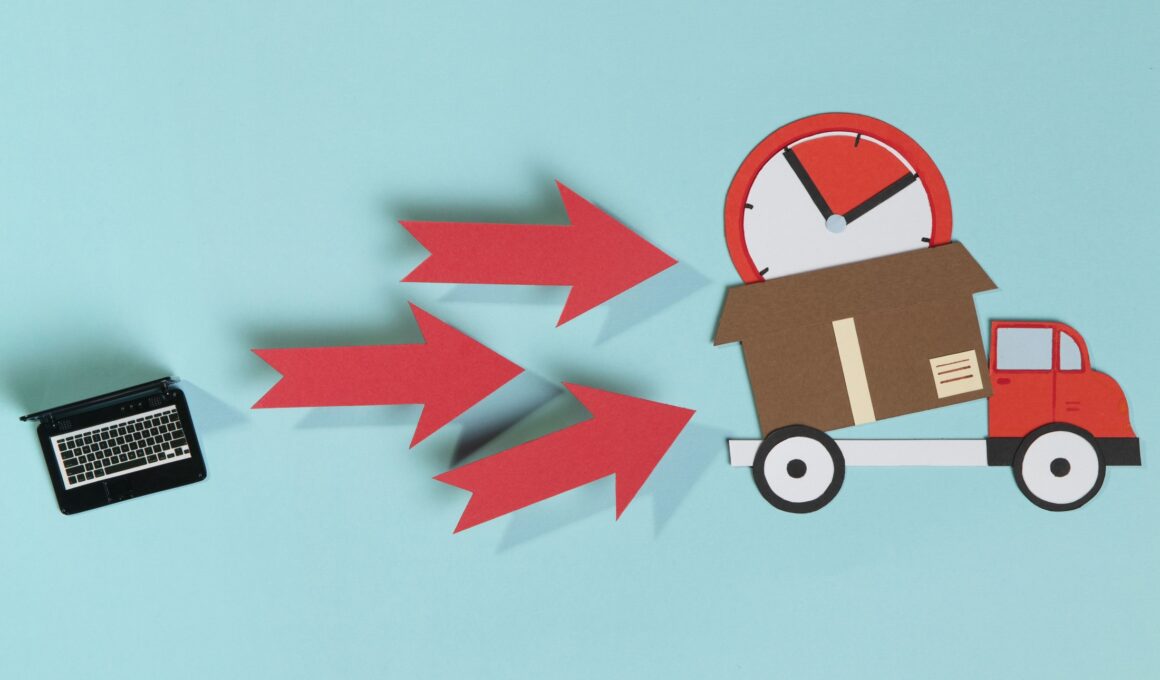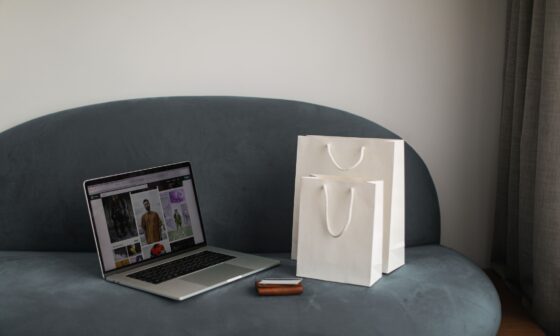In the highly competitive landscape of e-commerce, the speed of product delivery has become a crucial factor for the success of any business. When it comes to serving the Brazilian market, reducing delivery time becomes even more important.
Delays in delivery can not only affect the brand’s image in front of consumers but also lead to significant financial losses for the business. According to a survey by Conversion, an SEO consulting agency, delayed delivery is the most negatively influential factor in international purchases.
Out of the 400 consumers surveyed by the organization, 50.25% consider the waiting time for merchandise to be the biggest issue with foreign websites. Given this scenario, finding ways to shorten the import time for the customer will undoubtedly be a competitive advantage for your e-commerce.
Keep reading to discover tips for enhancing your business’s service level in Brazil!
What can cause delays in international product delivery?
Many unforeseen events can occur during international shipping and impact your delivery time, ranging from logistical failures to natural disasters. While not all can be predicted, you can protect yourself from the most common ones.
Customs processing
Upon arrival in Brazil, all foreign merchandise needs to go through the customs inspection process, which usually involves several steps: document analysis, fee and tax assessment, as well as the possibility of retention for security inspections or compliance with regulations.
Depending on the shipment’s status, it may be directed to different customs inspection channels and is only released for delivery to the end customer after the authorities verify compliance with customs laws and payment of due taxes, namely federal import tax and the Tax on Circulation of Goods and Services (ICMS).
All these procedures can vary in time, depending on the efficiency of authorities, the complexity of the shipment, and, of course, the inspection queue, resulting in potential delivery delays. According to data from the Ministry of Finance, more than 40 trucks transport packages from Guarulhos/SP airport to the central post office in Curitiba/PR every day, where customs processing takes place. Based on this number, one can imagine the enormous size of the inspection backlog, right?
An alternative to “jump the line” is enrollment in the Remessa Conforme Program, which expedites customs processing by sending advanced shipment data to the Brazilian Customs system and provides an exclusive inspection route: the green channel.
Logistical issues
Logistical problems can also cause delays in delivering international products to Brazil. There are numerous challenges that can arise along the supply chain and transportation. Some of the main logistical problems include:
- Delays in international flights, which can occur due to adverse weather conditions, technical issues, airport congestion, and even strikes, leading to significant delays.
- Storage and warehousing. If storage facilities are overloaded or there are inventory management issues, products may face delays while waiting for processing or storage space.
- Internal transportation and delivery routes. After arriving in Brazil, goods still need to be transported to their final destinations. Unfamiliarity with the best delivery routes in the country can hinder your delivery time, as can choosing the wrong transportation mode.Private companies (couriers), for instance, often deliver faster than Brazil’s public postal service (Correios).
- Communication and data transmission problems. Ineffective communication between stakeholders in the logistics chain, such as suppliers, carriers, customs authorities, and recipients, can lead to planning and coordination errors, causing delays.
How to reduce delivery time to Brazil?
Now that you’re aware of some of the main problems that can impact your delivery time to consumers, it’s time to discover how to prevent them with technology solutions tailored to cross-border operations in Brazil.
Invest in end-to-end logistics
End-to-end logistics covers all stages of product import, from leaving the warehouse to reaching the end customer’s hands. This approach allows all parties involved in the import process to be closely connected from start to finish, facilitating efficient interaction.
Sinerlog’s Cross Commerce as a Service Platform offers a range of features to help your company adopt this logistical model and leverage its benefits:
- Cross Border e-Portal, granting Brazilian authorities detailed access to all shipment data, with potential integration with US and European authorities;
- Global tracking of shipments from checkout to delivery, covering the entire journey;
- Engagement with all Brazilian import and export services, including Correios Packet and all private couriers;
- Business analytics and intelligence for defining optimal delivery routes, portfolio improvements, and fraud detection;
- Cross Border insurance, allowing operations in this segment without complications;
- Cross Commerce API and integration hub, enabling connection with any customer, platform, marketplace, or partner;
- Sinerlog Delivery, offering lower last-mile freight costs, identifying partners with the best cost-effectiveness for deliveries, and featuring a label generation system for multiple shipping methods, among other features.
Promote your company’s adaptation to Remessa Conforme
The Brazilian Customs program offers benefits that streamline the export process to Brazil for companies that voluntarily comply with the criteria defined in Instruction Normative 2146/2023. In exchange for compliance, registered organization shipments undergo exclusive fast-tracked customs inspection, along with other benefits:
- Early nationalization of goods;
- Federal tax exemption for shipments up to $50;
- Faster delivery to the end customer;
- Company exposure on the Brazilian Customs website.
To enjoy all these advantages, companies must provide advance data regarding the shipment, goods, sender, and recipient. This information needs to be correctly transmitted to all parties involved in the shipping process to Brazil, including carriers. Once again, the features of our platform assist throughout this compliance process.
Today, Sinerlog is the only company globally with the technology to promote other organizations’ adaptation to the Remessa Conforme Program, alongside a range of specialized cross-border solutions significantly reducing your business’s delivery time, ensuring your products reach Brazilian customers in under 10 days.
Learn more about Sinerlog’s Cross Commerce Platform features!





